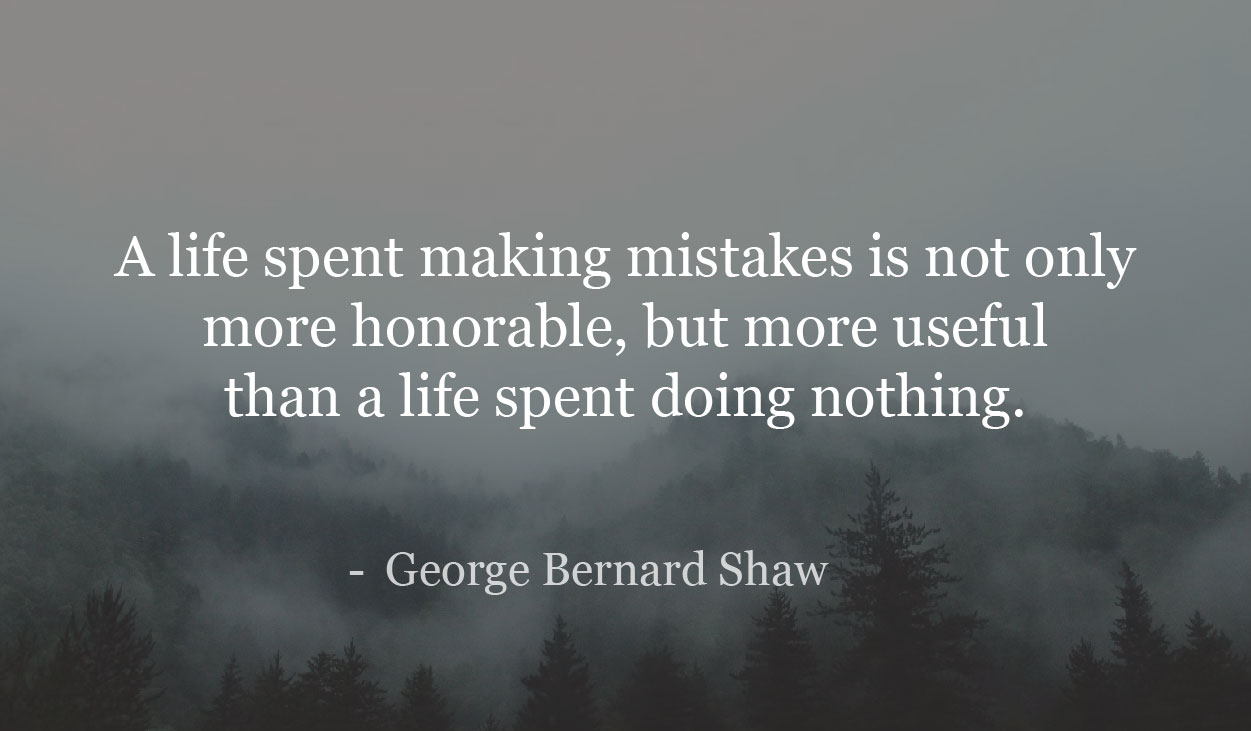Since a very young age, I saw society differently than others.
My idea of how each person should implement ethical and spiritual elements into their lives seemed off the beaten path.
At least in the beginning…
With time, experience, and by getting to know more spiritual practitioners, I found that my view was similar to what they believed.
I always considered us beings greater than our physical shells.
The known senses are for navigating this earthly world.
Yet an infinite land of possibilities spreads outside the boundaries of what we can feel and touch.
Reflecting on this, I’ve pondered five of the most important ethical and spiritual lessons I’ve learned throughout the years.
While these lessons are significant to me, they may not hold the same value for everyone.
However, they carry universal appeal and could help you deepen your understanding of spiritual growth and how we operate physically and spiritually.
Therefore, I decided to include them in this week’s letter and see how my perception harmonizes with yours as I present each one of those ideas.
5 Lessons Learned from Meditation, Reiki, and other Spiritual Practice
1. Our Spirit Is Eternal
Our inner self is a spirit that springs from the source of universal life force energy, known in various cultures as God, Brahma, or Ain Soph.
This infinite energy has manifested through higher dimensions down to the physical realm. Thus, your spirit encompasses billions of years of experiences across both astral and physical realms.
The inner self contains the shadow, light, the balance between the concepts of Yin and Yang, as well as the knowledge of your ancestors.
2. Experience Earthly Life Fully Without Attachment
Enjoying earthly experiences is normal, healthy, and necessary for spiritual growth.
But it can become a problem with attachment.
As most are fleeting sensations, you want to use them as tools of self-discovery and enjoyment, not as elements you trade for happiness.
Being alive is a divine gift, so enjoy it in balance!
3. Forgiveness Frees You
Truly understanding and forgiving those who have wronged you can liberate you from the chains of karma.
Forgiving and letting go are challenging.
I know this firsthand and empathize with those who even refuse to try.
Yet, once you recognize that your ego demands respect and validation, you can gradually transition into a more evolved state. Letting it guide your actions can flip your life upside down.
Therefore, accept its existence and behavior while shifting that energy toward forgiveness.
Your first few tries will be difficult.
But it’s an exercise that will become a potent catalyst for spiritual growth and wisdom.
4. Open Your Heart. Don’t Give It Away!
Think of your soul as a book of life.
It’s your book.
You can share it with others, allowing them to browse its pages and even learn from the content. But, in the end, remember it’s yours.
So don’t give it away!
When you love someone, regardless of how strong that connection is, you must protect your soul to live your own life here on Earth.
It’s the only way to serve others without falling into frustration and disappointment.
5. People Owe You Nothing
Whether you’re thinking about your parents, partners, and even children, recognize that they are in your life as a gift. You must learn from them, accept their nature if it’s for your greater good, and evolve through them.
Their generosity is an honorable choice.
Don’t take it for granted!
Abusing this will have consequences sooner or later, either in this life or another and the roles may very well flip at any time.
It’s when you ask yourself: ‘Why is this happening to me?’
It’s because things balance themselves out.
Also, avoid being generous and expecting something in return. Once again, nobody owes you, and it’s their decision to respond.
This approach will free you from resentment while filling your heart with unconditional joy.
Of course, when certain boundaries are crossed, communication and clarification are necessary.
Self-respect doesn’t mean being selfish. It’s a carrying act where you don’t allow others to take advantage of your goodwill.
Offer unconditional love and respect, and you’ll receive your share in return.
Conclusion
As I reflected upon these past two decades, these 5 elements kept popping. Of course, our values and aspirations are not limited by them, and we can go on to fill an entire book.
But I believe they serve as a foundation of common sense, respect, and even spiritual evolution.
Nobody’s perfect.
We all have our dark moments, feelings of envy, and judgment. They are part of human nature, and we manifest them because others expose them each and every day.
Our job is to become more aware of their presence and work toward a more balanced and healthy attitude to develop robust behavior.
Here’s a quick exercise I’ve learned from Rob Dial:
If you see someone you don’t like and instantly judge them, it’s ok.
If it makes you feel bad, it means that you’re willing to change.
Shift your perspective that very moment and say 3 things in your mind that you like about that person.
Keep it simple.
The role of this exercise is to change your view on that person as well as the feelings that formed inside of you. With time, you’ll learn to love people more, experience pleasant encounters, and enjoy your days.
By the way… you can adapt this exercise to any type of situation that makes you feel bad.
